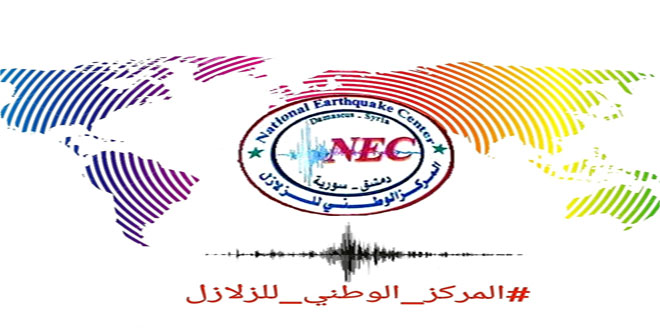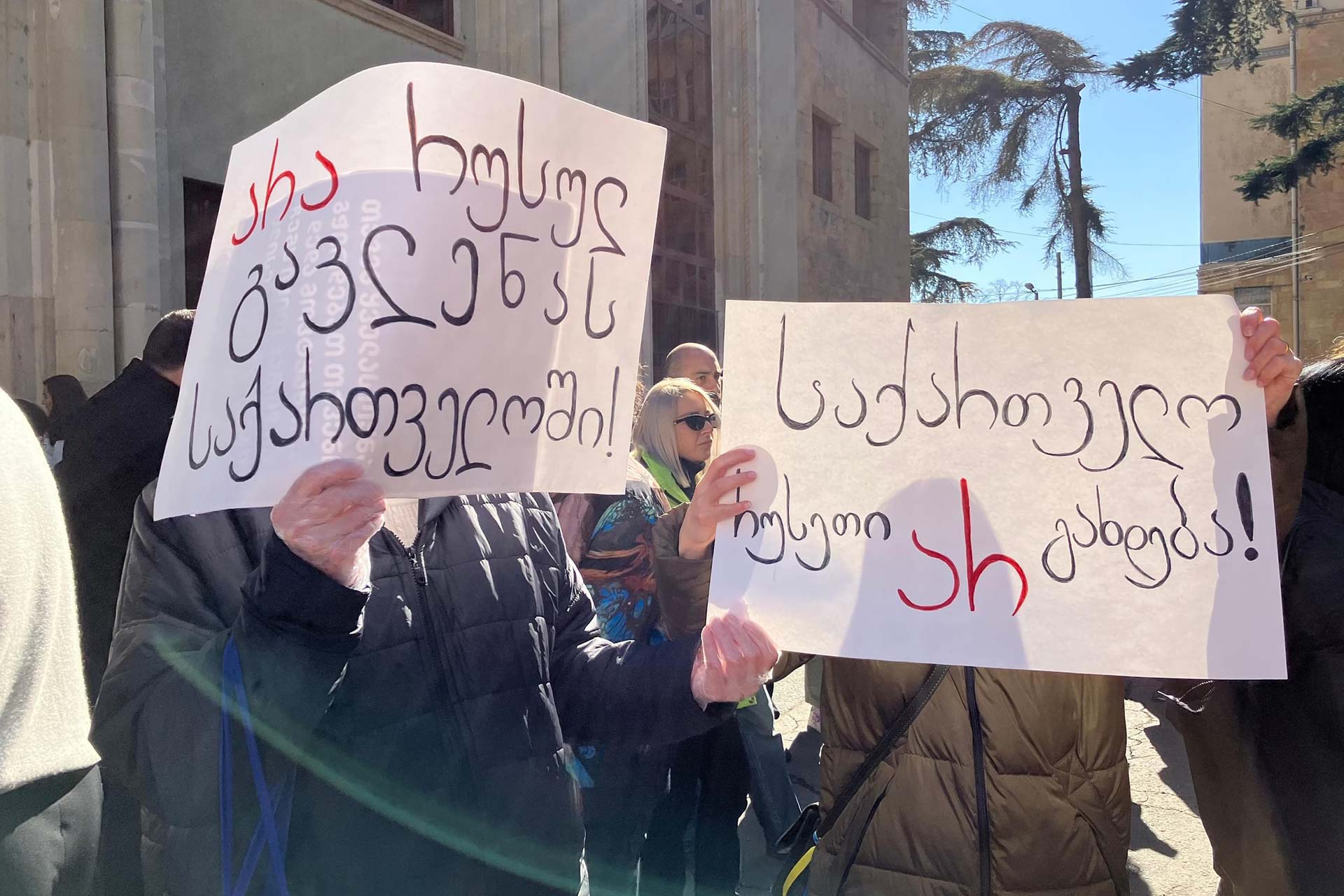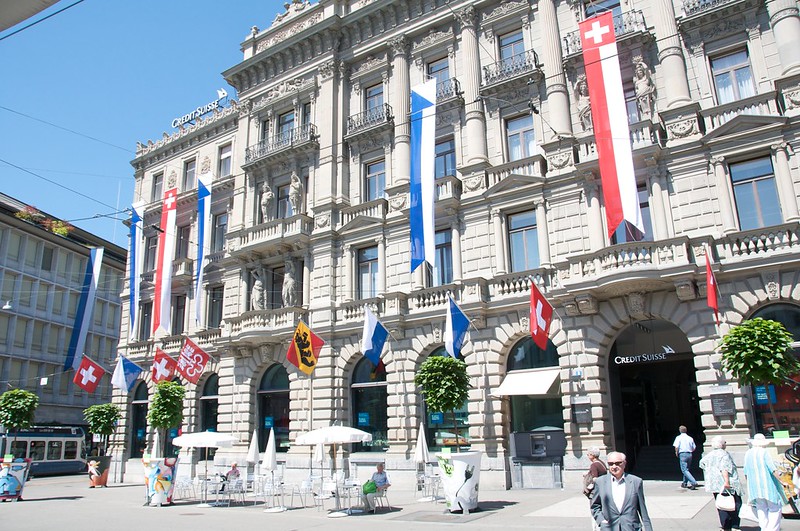'The Seattle Anti-Caste Discrimination Law Is A Historic Win; Still, Long Way To Go': Kshama Sawant
While exclusively talking to Outlook, the Seattle City Council member Kshama Sawant says, 'the reason it is such a historic victory is that it goes directly in the face of Hindu right-wing'.

ABHIK BHATTACHARYA
Abhik Bhattacharya
UPDATED: 04 MAR 2023
On February 21, 2023, Seattle became the first city council in the US to add caste to the list of anti-discrimination laws. The leader of the movement and Council member Kshama Sawant exclusively speaks to Outlook’s Abhik Bhattacharya and shares how the movement was built up and what challenges they had to tread through. Edited Excerpts:
What sort of caste discrimination(s) did you observe in the US? What drove you to push for the ordinance?
It is not surprising that South Asian communities outside the US are not aware of the caste discrimination inside our country. But the reality is different. Since our victory, we got to know that caste discrimination is prevalent in other parts of the world as well. Wherever there is a significant concentration of South Asian immigrants, one can see the manifestation of caste discrimination. There are several statistical analyses to endorse the claims. I would like to refer to two studies --- one by Equality Lab and the other by Carnegie Endowment for International Peace that actually drove us to pass the ordinance. These two studies though took different methodologies, they reached the same conclusion that caste discrimination is a significant issue among South Asian workers
Related Stories
Explained: What's Seattle Caste Discrimination Ban, What Are The Implications And What Led To It?

What Does Seattle Caste Discrimination Ban Mean For India?

An important component of the Carnegie study is the reference to self-reporting. As an economist, I can also understand that in the case of such studies, one has to come up and self-report the caste discrimination they face. And it is very difficult. There are always fears of repercussions and retaliations. The Carnegie study points out that there is underreporting and the actual statistics seem to be higher than what is documented. These studies, while were the major factors behind the push, in the last couple of years, we also found several tech workers speaking about it, sometimes anonymously. All of the big corporates like Google, Amazon, Facebook, and CISCO have been in someway or other implicated. The recent case of an oppressed caste employee of CISCO in California is a case to the point. All of these worked as the impetus behind the move. Not only that, in Seattle city council we received testimonies of hundreds of workers who told us about the caste discrimination they faced in different fields.
The anonymous letter written by 30 oppressed caste women that were published in the Washington Post also testify to the prevalent discrimination ranging from denying raises and promotions to facing daily insults, derogatory remarks and slurs. They also complained of facing sexual harassment in the workplace.
Do you think this discriminatory practice also pervades among white US citizens through the upper caste/ Savarna networks?
Though we need to have more detailed studies to certainly say it, the opposition we faced in the council may lead us to think that. The major challenge we faced while building the movement came from the right-wing Hindus. And the democratic institutions in Seattle were not interested to move for it. Even we had to build up the movement through political education of the American workers as caste discrimination works in such a way that it becomes a bit difficult to understand its depth. When there is a South Asian upper caste manager under whom a South Asian oppressed caste worker is working, it becomes a double whammy.
If you can tell us more about the ordinance and its implications in Seattle.
Even before we brought in the ordinance, we had Seattle's anti-discriminatory law that outlawed discrimination on the basis of gender, race, sex, sexual orientation and other identities. The law also gives the power to the citizens to sue the corporations if they face any discriminatory behaviour on any of these grounds.
But caste was not a part of that. Now, they can go to the courts if they face any discrimination due to their caste. This is definitely a formidable victory for us but we can’t be complacent. In a capitalistic society courts never side with the workers. To win the battles in the courts, we will need organised movements.

Do you find any relation between systematic caste-based discrimination and racial discrimination in the US? Is there any possible unity that you can find among the black workers and lower-caste South Asian immigrants?
This is an extremely important question. Unless there is working-class unity and groups of people facing different sorts of discrimination come together, we cannot think of a journey from capitalism to socialism. Even winning this law would have been impossible had there not been united movements. We had Dalit-led organisations like Ambedkar International Centre, Ambedkar Association of North America, Ambedkar King Study Circle, and Equality Lab who played a very important role. We also had dominant caste Hindus on our side and that’s the kind of unity we need to build. I come from a Brahmin family myself and there are many like us who were part of it. We also got support from Muslims. Sikh Dalits and Ravidasi members from the Vancouver area, Canada travelled such long distances to vote.
We also had the support of Black religious leader Rev. Robert Jeffress who has been for decades fighting for Amazon tax, affordable housing for workers and other working-class issues. He also wrote an op-ed with a Dalit author where they spoke about how the threads of different sorts of discrimination are connected in a class-based society. We will not be able to pass similar sorts of ordinances in other cities unless we come together and unite to eradicate any form of discrimination.
This Saturday, March 4, Socialist Alternative and I are launching a new nationwide movement ‘Workers Strike Back’. And the demands of the programme are exactly the same as you were saying -- the unity of all sections.
What is the response of the Indian population in Seattle and across the US to the matter? Any challenge?
Not surprisingly, as it is in the case of any meaningful progress in a deeply unequal society, we expect opposition from the section of the ruling class. We knew that there will be strenuous opposition from far-right Hindu forces. And there is nothing surprising in predicting it. But Socialist Alternative and I were also warning that Democrats were not with us as well. They are not overtly anti-immigrants or anti-workers unlike the Republican party; still, they are extremely reluctant to fight for anything meaningful. They just want to say empty things.
This kind of law, the reason it is such a historic victory is that it goes directly into the face of the Modi regime-aligned Hindu right wing. This takes a lot of courage to do it and Democrats don’t want to do anything like this. So, we had to be offensive and strategic to win it. As we predicted the opposition from Hindu right wings, we were prepared for it. We told the Democrats that if you say ‘No’, you must know whom you are siding with. You are then taking the side of the far-right Hindu organisations like Vishwa Hindu Parishad and RSS. On the day of the vote, we distributed a leaflet asking, ‘Which side are you on?’.
On the other hand, we got overwhelming support from Arundhati Roy, Noam Chomsky, Amnesty International, United Nations Special Rapporteur on Racism, Sikh organisations, Muslim organisations, Hindus for human rights and even Alphabet., the workers’ union of Google. It was an overwhelming response. We have received outpouring support from different corners of the world.
At a time when disproportionate representation is the reality, what is the way out?
The way out is to fight for the rights of the working-class people. Only a historical understanding of how the change has come about and a united struggle will help us to think of a better society. Our fight will continue against all sorts of discrimination until we reach the goal of a politically, socially, economically and culturally equal world.









